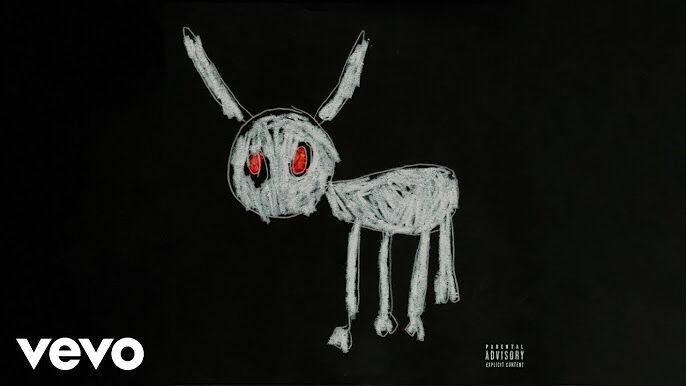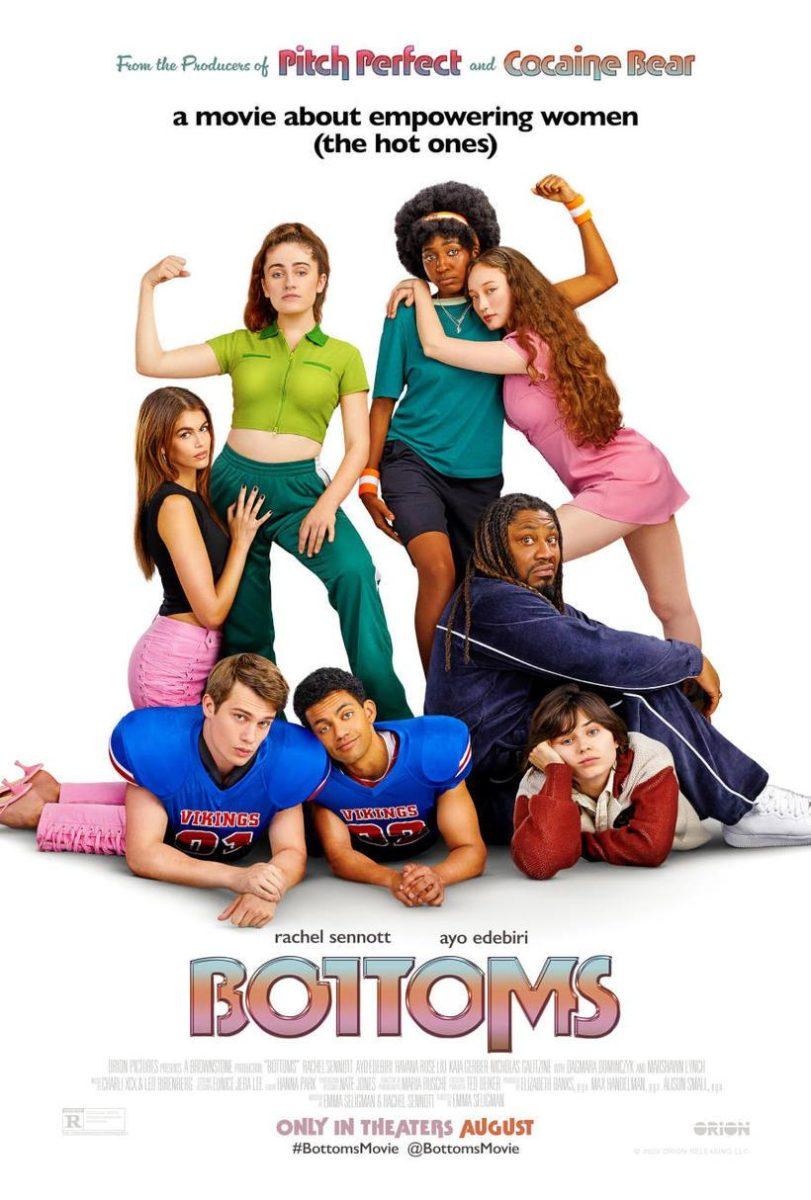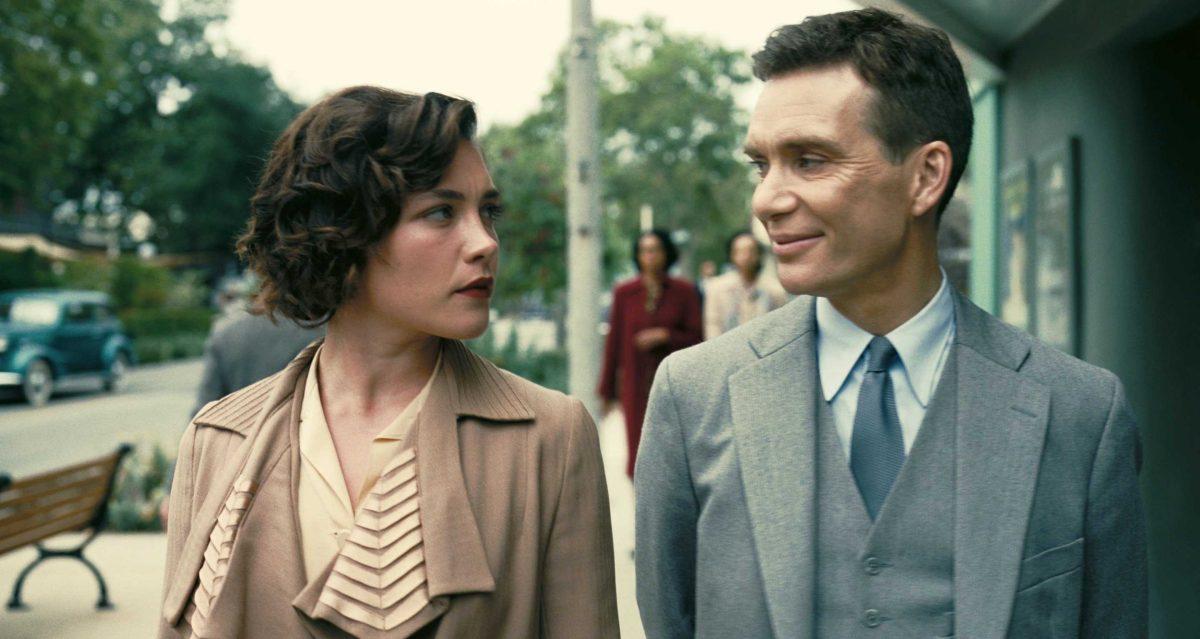Grade: 86/100
As the first two episodes, chronicling the first seven days in Utopia, come to a close- the two-hour premiere on Sunday, and then the second, one hour episode on Tuesday- viewers of FOX’s new reality program “Utopia” can start to see both familiar guidelines followed by the show, but also interesting new ones.
An overachieving love child of “Survivor” and “Big Brother,” “Utopia” adheres to the following premise: fifteen individuals, presumably with as violently clashing personalities as possible, are sent into an isolated campground-type area and are ostensibly told to ‘create their prefect society,’ a notion which expectedly goes awry very quickly. As far as ground rules go, they are few.
One of them will be voted out each month and replaced, which puts a new spin on Jeff Probst’s “The tribe has spoken” mantra, while preventing the population, and thus the drama, from depleting. Additionally, they are outfitted with basic food rations, a barn for shelter, minimal livestock, and five thousand dollars cash.
What is most intriguing about the show is the psychological aspect: much like with “Survivor,” the audience can see how a slew of different people with entirely different backgrounds react to situations they have almost certainly never encountered before. The cast of characters this time includes a pastor, a survivalist, a handyman, an ex-convict, an attorney, a general contractor, and some weird lady named Hex who carries a crossbow.
As one would expect, there have been numerous confrontations, physical and otherwise, regarding subjects ranging from bug spray to radishes to water filters and everything in between.
What I look forward to most is how these fifteen individuals begin to lay groundwork for a society, and eventually a sustainable economy. The $5,000 already starting to be spent, will run out soon enough between fifteen bodies, and they will have to find a way to become sustainable.
Traces of agriculture have begun, but seem more like a hobby than anything else. There is a pond, stocked with fish, but the keyword is stocked- there is no outlet, meaning the fish were placed there by producers and are not naturally occurring. They will run out soon. The question then becomes one of hunger; how will they eat? The most direct choice, and certainly the most feasible, would be to be a strictly agrarian society.
That would, of course, mandate an eventual vegetarian, or if the fish are decently renewable, pescetarian diet for all. The second, more initially pleasant option would be to somehow market their myriad of services and skills to the world- difficult, of course, without transportation or communication.
The Greeks had two meanings for the word ‘utopia.’ One, ‘utopos,’ meant ‘the good place’. The second, ‘eutopos,’ meant ‘the place that can never be.’
The answer Sir Thomas More’s amusing little pun, of course, can’t be solved in a seasonal reality program, probably. But that won’t prevent me from watching every episode in the hopes that it does.
REVIEW: ‘Utopia’
September 10, 2014
More to Discover







